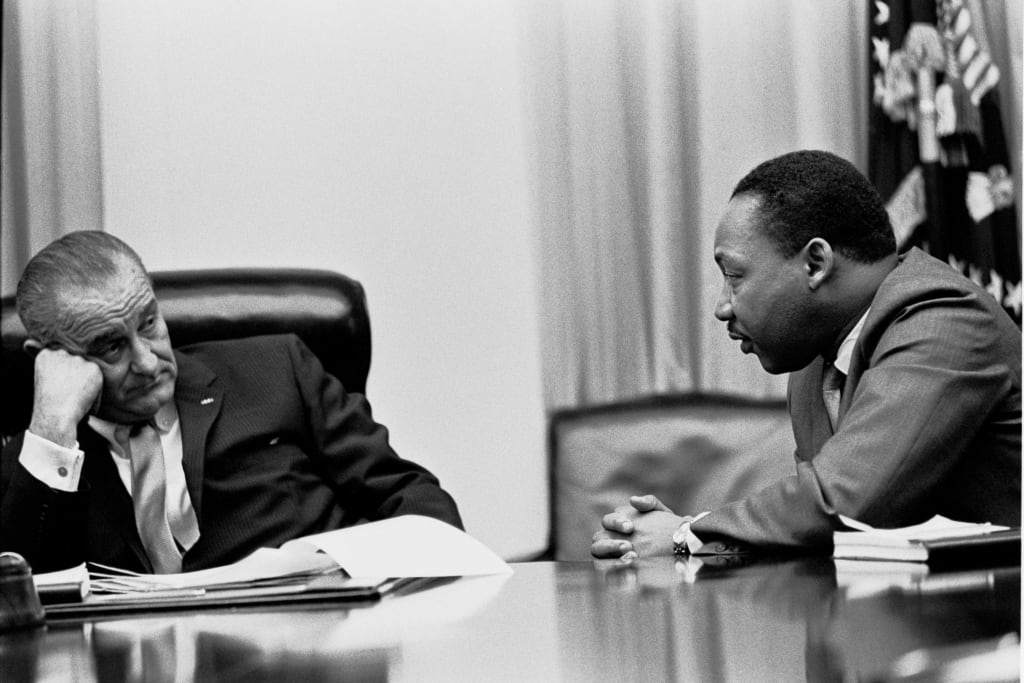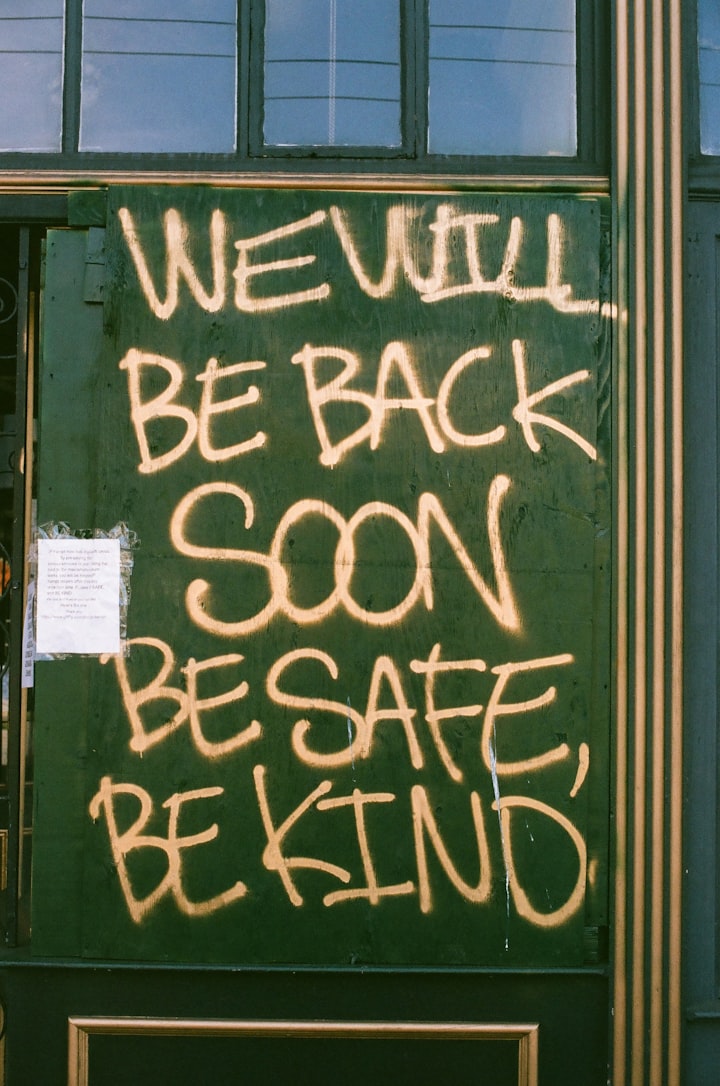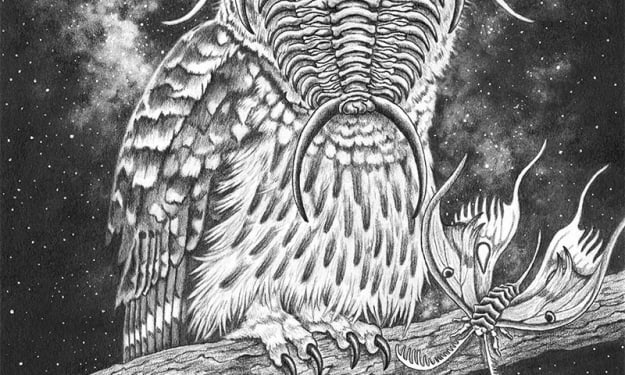Where Is True Compassion in a Crazy World?
Consider the Sociological Imagination

Anyone with even an ounce of integrity would know a thing or two about the challenges that the world faces today. In the so-called Anthropocene age where human activity is a forceful influence on climate and the environment, we are witness to a massive and ballooning global population, rapid and unprecedented global climate change, obscene levels of consumption, production, and waste, the sixth great mass extinction and staggering losses to biodiversity, widescale eradication of cultures and languages and their wisdoms, and the constant threat of warfare between nations, violence within communities, a widening gap between rich and poor wherever you look, and diseases that resist our best efforts.
Some might say that what the world needs now is love, sweet love. That might be a starting point. But well-intentioned love quickly becomes the road to hell when left to pothole by ill will and indifference.
What's desperately needed in order to effectively manifest love—at minimum, kindliness, and affection!—in the world is a specific quality of intelligence, a holistic way of knowing the intricacies of the world, that is then widely socially shared, and guides practice. If compassion is love in action, True Compassion is hyper-intelligent (holistic), culturally shared love in action. In Rev. Dr. Martin Luther King Jr.'s words: "True compassion is more than flinging a coin to a beggar; it comes to see that an edifice which produces beggars needs restructuring."
In sociology, this True Compassion is known as the Sociological Imagination. Through it, sociologists (lay and professional) are constantly trying to grasp the true reciprocal relationship between unique persons and their very real social and ecological environments. And understanding that relationship demands that we also understand the influences of complex fluid here-and-now contexts and more-or-less deeply entrenched histories.
When we exercise our sociological imaginations, that is, True Compassion, we avoid myopic blaming victims for their unfortunate predicaments and proposing Band-Aid solutions—which are never a hand up but rather, simplistically, a handout.
Over time, sociology has developed three major versions of the sociological imagination. There is no superior version. The most sophisticated sociological imaginations incorporate all three versions in some fashion.
The three versions are: 1) structural-functionalism; 2) conflict theory (of which there are several different Master-Slave variations); and 3) symbolic interactionism. Each of these versions in their own way explores the true reciprocal relationship between unique persons and their social and ecological environments, given the complexity of context and the baggage of history.
A good place to start is with symbolic interactionism and the remarkable Thomas theorem because this version probably comes closest to grasping the living, breathing, sighing, laughing and crying, everyday life of the person. The Thomas theorem, paraphrasing, states that if people define situations as real, those definitions or interpretations become real in their consequences. The Thomas theorem is about the convictions of meaning-making and the consequences that flow from that. We don't just interpret the world. What changes the world, or maintains the status quo, is that some meaning-making, some interpretations, as opposed to others, carry with them a hegemonic "gospel truth" level of conviction which results in social action and, yes, consequently shapes the world. This is how we socially construct our realities together. Symbolic interactionists, as a result, are constantly asking in one way or another: "what is/was it really like to be you in this/that situation at this/that time?"
As symbolic interactionism reveals people's stories, filled with meaning and conviction and action and consequence, it may lead us to the other two versions of sociological imagination.
From a structural-functionalist perspective sociologists might find out what it's really like to be a member contributing to the adaptation and prosperity of social groups, teams, communities, or societies; what it's really like to have faith in social systems and dynamics, support elites who seemingly do likewise, and see our loyalty rewarded at some time.
From a conflict theory perspective, on the other hand, sociologists learn what it's really like to be a member of a group, community or society knowing suspicion with the previous "feel-good" story. Here people realize that social and environmental realities today are structured to singularly advantage elites, with only placating token rewards going to anyone else. With this, stories of hope for a common equitable good diminish.
Where is True Compassion in a crazy world? It's in the sociological imagination and it's three versions. These three versions, working together, point the way out of the mess we're in.
About the Creator
Mark Durieux
Sociologist. Over two decades of university-level instruction. Crazy commitment to popularizing and democratizing the sociological imagination. If you're a fan of sociology, drop by my website: https://www.allwalkssociology.com .






Comments
There are no comments for this story
Be the first to respond and start the conversation.